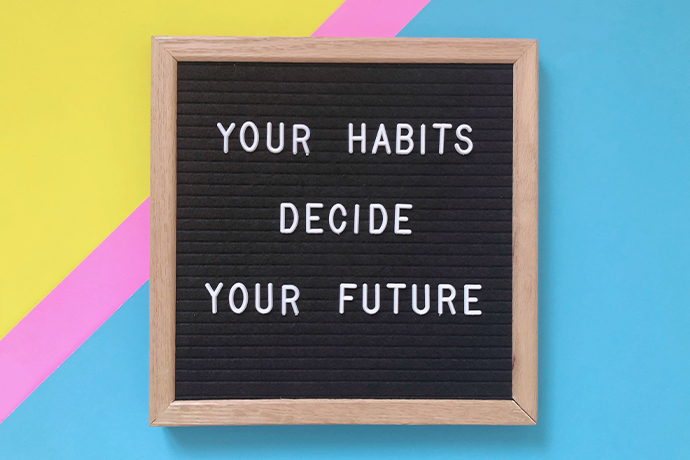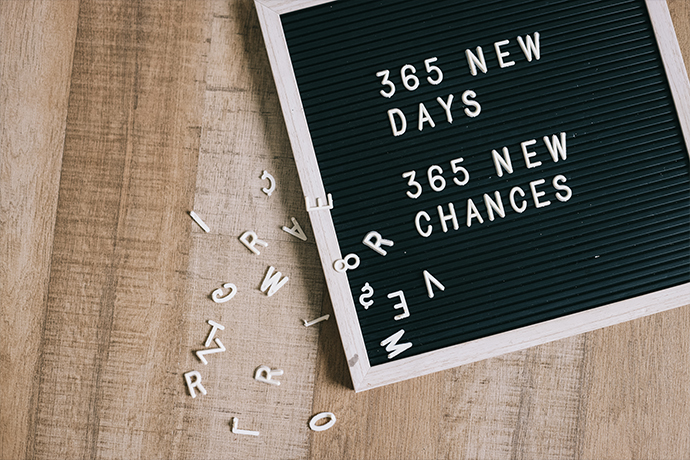 SPEAKERS
SPEAKERS
Learn how to cultivate positive habits and break negative ones with commitment and consistency. Discover how long it takes to form or break a habit.

You can expect to wake up and perform tasks within your schedule. For instance, waking up, taking a shower, brushing your teeth and going to work on time might seem natural. However, the repetition pattern leads to the creation of habits that may be positive or negative. Therefore, you will need ways to commit to good habits and remove bad ones.
Luckily, there are ideal ways to create good habits. As long as you are committed and maintain the needed consistency, you can form the new habit regardless of the period it takes. So, how long does it take to create a habit? Will it be worth it? Keep reading this post as a guide to learn how many days it takes to form or break a habit.
Everyone has habits that bring out their character. Since habits may vary in form, it can be wise to expound on them further. A habit is the repetition of actions daily. You may perform the actions either consciously or unconsciously. In conscious actions, they represent those you perform to make a change or excel.
Every task you perform is a result of your habits. Repeating the activity leads to adopting the habit of making it automatic. Even though habits are known to improve people's lives, others can lead to detrimental effects. An excellent example of a bad habit is overeating. Overeating can have dire consequences, like obesity and other food-related health conditions. Overall, creating a good habit requires patience and consistency.

As mentioned earlier, making a new habit requires patience and consistency. As long as you have enough time and desire to change, the habit will be automatic after a while. Here are a few guidelines to use to create new habits:
Ensure the goal is clear and specific to commit to a new habit. For instance, if the goal is to eat healthy, there should be a meal plan to help guide you on what to eat and how long. Doing this makes it easier to stay within the plan and does a follow-up on your progress.
Using habit tracker tools can be beneficial, mainly if you must perform certain tasks at specific times. Reminders ensure that you practice regularly and focus on achieving the set objective. You can use simple reminder tools like sticky notes and stick them to a place where they can easily see or access them—other tools, like the habit tracking app, help monitor your progress.
Habits require an environment that will necessitate their growth. Therefore, conditions should support this kind of habit so that the environment is favorable. For example, you will require a reasonable workout schedule and a healthy food program to stay fit. Similarly, you don't expect to wake up early, yet sleep late at night watching movies.
Coming out of a bad habit requires a lot of dedication. Remember, your system has already adapted to the actions and coming out of them can be challenging. Some examples of bad habits include alcohol addiction, overeating and procrastination. There are ideal ways to use when breaking bad habits:

The time it takes to convert a behavior may take weeks to months. This is because habit formation differs between different kinds of habits. Other factors that may influence it include dedication and willingness to change. The more time you invest in habit change, the faster the process will be and vice versa.
Apart from personal willingness, the environment can also impact the period it takes to form a habit. For instance, a person can decide to go to swimming sessions every weekend, but they can't do so during winter. Therefore, there are parameters to consider during habit formation. Such parameters include:
Breaking a bad habit has a difference in the period it might take. However, with willingness and dedication, you can break with time. Other parameters can influence the period as well. The main parameters are availability of time and level of habit. It can take longer for a 20-year-old smoker to recover than a year-old smoker. According to various research, people need between 3 to 37 weeks to break from a bad habit.
Habits have the power to create good or bad character. Although underlying factors determine the period it takes to learn a new habit, it is possible to do it through the proper steps and motivation. The advisable thing is to be willing to make the change. Over time, individuals will find ways to change bad habits, influencing their life outcomes.